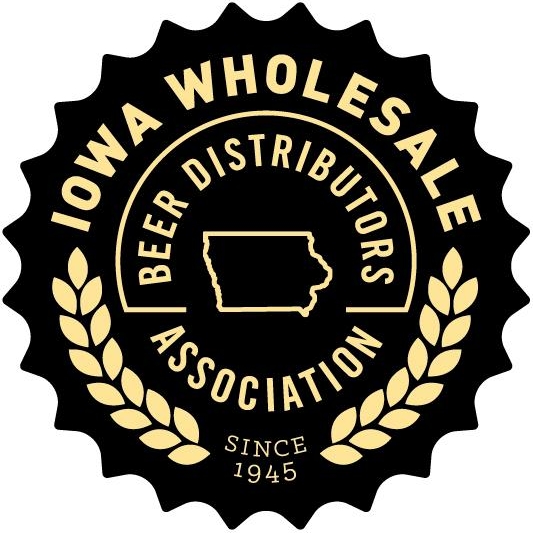Don’t Crush Iowa’s Recycling Progress: Beer Distributors Support the Bottle Bill
Iowa Beer Distributors have an excellent track record of environmental responsibility and have embraced Iowa’s bottle bill. Since the bottle bill was signed into law, beer distributors have invested heavily in container redemption logistics and recycling infrastructure. This green investment has grown considerably since the first container was stamped for a nickel deposit in 1979. The investment has grown into a viable industry that supports more than 800 Iowa jobs and bolsters the state as a recycling leader.
Iowa beer distributors desire keeping Iowa clean and beautiful. Unquestionably, the bottle bill has had a positive impact on reducing litter and recycling beverage containers.
How Effective is the Bottle Bill as Recycling Policy?
According to a 2012 study by Iowa State University, 86 percent of containers are redeemed and recovered, compared to 26 percent recovery for containers not included in the law – think water, sports drinks and juice containers. In other words, deposit containers are 3.3 times more likely to be recycled than non-deposit containers. If Iowa eliminated the bottle bill, researchers found the recovery rate would fall to the average of non-deposit states and increase landfill waste by an estimated 59 million tons per year and drive up the cost of trash management.
Doesn’t Single-Stream Recycling Work Better?
Single-stream recycling is not practical in most parts of Iowa. In densely-populated urban areas where single-stream recycling is viable, glass presents a particular problem because of frequent breakage during the collection and sorting process. Only 40 percent of glass entering a single-stream process is recovered while the rest ends up in a landfill or as a contaminant in other materials. In the deposit system, 98 percent of the glass returned to the distributor is recovered while reducing contamination in single-stream operations.
What about the unclaimed deposits?
On average, Iowa consumers return 86 percent of their containers, according to a 2012 Iowa State University study. Follow the path:
- Distributors generally initiate bottle deposits and collect $5.00 from retailers.
- Retailers then sell 100 containers and collect $5.00 from the consumer.
- The consumer, on average, returns 86 containers and collects a $4.30 refund.
- The retailer sorts the containers and collects $.01 per container for this task.
- The distributor returns to the retailer or redemption center to collect 86 containers, refunding the retailer/redemption center $5.16 (86*$.05+86*$.01).
This means for every $5.00 in deposits collected by a distributor, the distributor must pay $5.16 to collect empty containers, not accounting for labor and trucking costs. After retailer collection, distributors operate the same way as traditional recyclers – by sorting and selling raw aluminum, plastic and glass.

